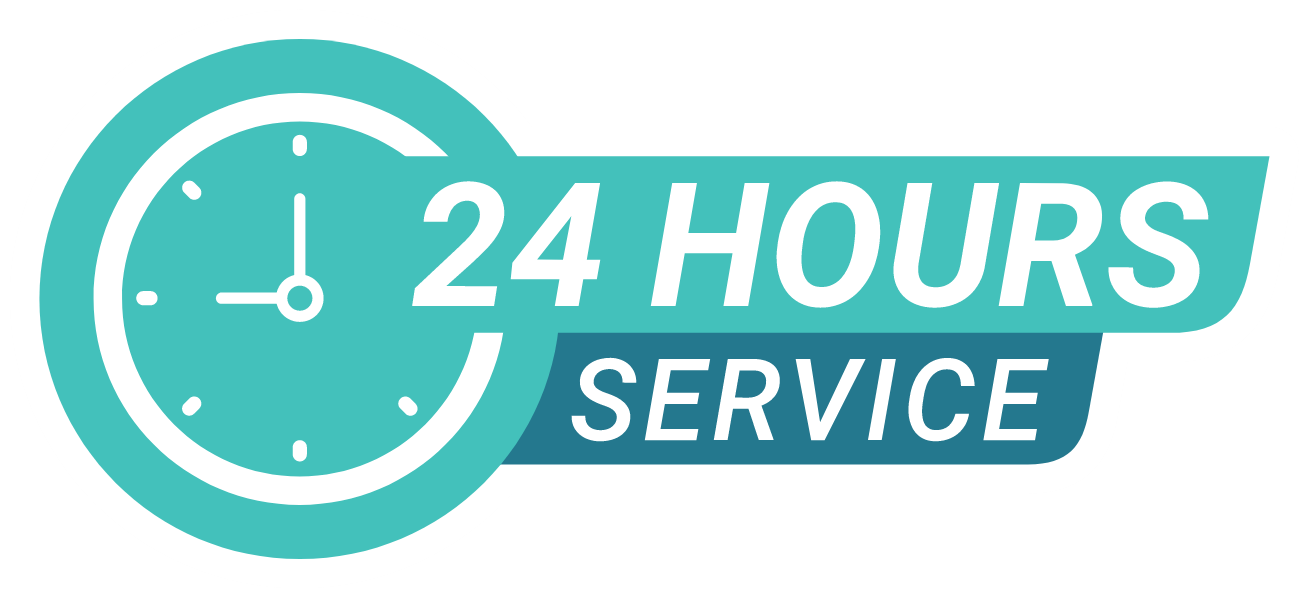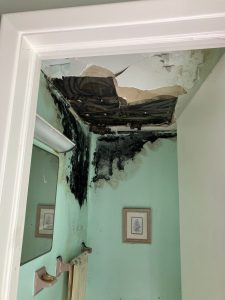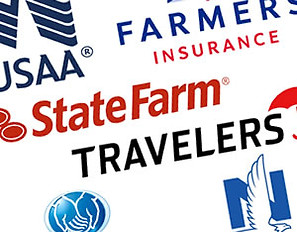This 3-Part article is designed to assist home and property owners through the often painstaking process of settling their insurance claim. Throughout 2021, we’ve noticed an unfortunate trend where certain insurance carriers are consistently undervaluing their clients damage repairs and it’s negatively affecting YOU, our clientele. Learn more about how to protect yourself and your property from this new type of disaster by reading below. View Part 1 »
Part 2: Insurance Carriers Transition From Claims Adjusters to Third Party Administrators
The main goal of a claims adjuster is to reduce the liability of the insurance carrier that they work for. In fact, adjusters now rarely even visit or inspect your property after a loss. Whether this is due to Covid-19 or otherwise, we’re seeing a trend where carriers are relying more heavily on businesses like Tri State Restorations to provide them with extensive jobsite records, including: hundreds of pre-and post-loss photos, logs that demonstrate successful mitigation and drying processes and reports that prove everything that was done, was done according to the Institute of Inspection Cleaning and Restoration Certification (IICRC)’s standards.
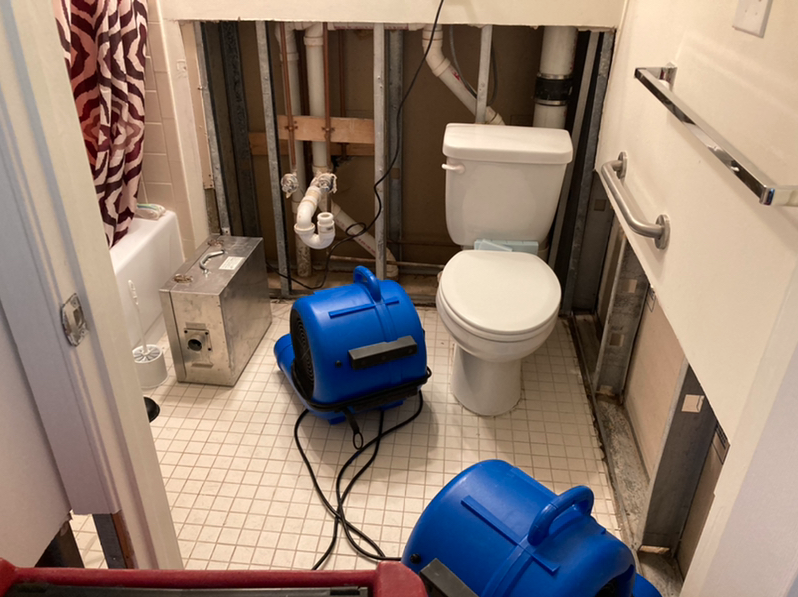
We’ve also seen an influx of claims that aren’t even being processed by the insurance carrier. Instead, they’re being sent to hard-to-reach 3rd party administrators, with little industry knowledge or experience, to do two things:
- Lower the value of work that was “performed.” This is not necessarily based on the submitted invoices, services or extensive reporting provided by companies like Tri State but, instead are based solely on what they believe should have been done and often, that only includes the bare minimum requirements of IICRC industry standards for property damage and mitigation.
- Look for loopholes in your claim and/or policy that will allow them to deny all or part of the coverages associated with your property damage.
Now imagine another scenario, where instead of immediately seeking help from a licensed contractor you decide to avoid paying out of pocket up front and request an estimate because you’re concerned about costs and liability. Now you have a scope of work detailing what it would take to properly mitigate your property damages, but there’s no guarantee all, if any of it will be covered. So, what happens when your insurance carrier denies coverage due to negligence because you didn’t immediately act to prevent secondary damages? Or, perhaps they deny you coverage because while filing your claim, you said that damage was caused by a “slow leak” in a pipe and your policy only covers damage from “sudden bursts”.
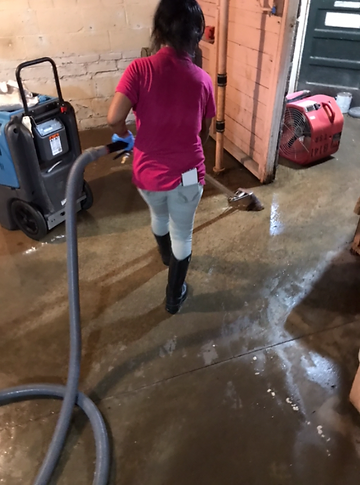
STAY TUNED FOR PART 3 NEXT WEEK!
In recent experiences with certain national insurance companies, the claims adjuster no longer cares about bedside manner towards their customer, or – about providing fair compensation to them for services they were required to enlist…
Sharing is caring!



